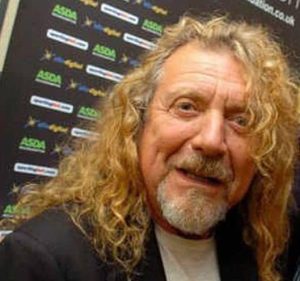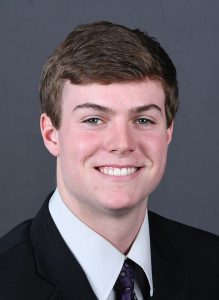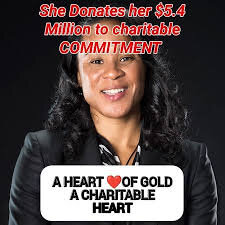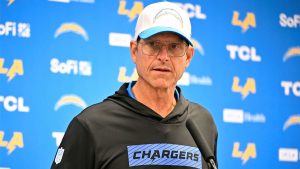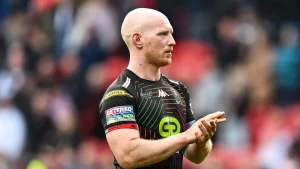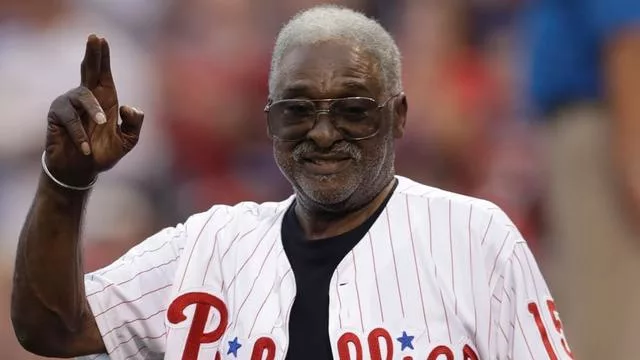
Dick allen was confirmed to be dead by medical doctor after …
Dick Allen in 1973, when he played for the Chicago White Sox. He was the National League’s rookie of the year in 1964, the American League’s most valuable player in 1972 and a seven-time All-Star.Credit…Walter Iooss Jr./Sports Illustrated, via Getty Images
Allen, who hit 351 home runs in his 15 major league seasons, was a seven-time All-Star: three times with the Phillies, once with the St. Louis Cardinals and three times with the White Sox. He was named the National League’s rookie of the year in 1964, with the Phillies, and the American League’s most valuable player in 1972, with the White Sox. He batted over .300 seven times, though when he hit .316 with the 1973 Sox a leg injury had shortened his season to 72 games.
The Phillies’ management sought to make amends for the abuse Allen had received from fans in the 1960s. In September the team retired his uniform
Mike Schmidt, the Phillies’ Hall of Fame third baseman, said in a speech at a team ceremony honoring Allen in September that “Dick was a sensitive Black man who refused to be treated as a second-class citizen.”
How The Times decides who gets an obituary. There is no formula, scoring system or checklist in determining the news value of a life. We investigate, research and ask around before settling on our subjects. If you know of someone who might be a candidate for a Times obituary, please suggest it here.
“He played in front of home fans that were products of that racist era,” Schmidt continued, and alongside “racist teammates” at a time when there were “different rules for whites and Blacks.”
“Fans threw stuff at him,” he said, “and thus Dick wore a batting helmet throughout the whole game. They yelled degrading racial slurs. They dumped trash in his front yard at his home.”
In his first stint with the Phillies, Allen gained a reputation as a difficult personality. He demanded a trade in June 1969 after the team had suspended him for not showing up for a doubleheader against the Mets at Shea Stadium. A month earlier, he had been fined $1,000 for missing a team plane from Philadelphia to St. Louis.
“I wonder how good I could have been,” Allen wrote in his memoir, “Crash: The Life and Times of Dick Allen” (1989, with Tim Whitaker). “It could have been a joy, a celebration. Instead, I played angry. In baseball, if a couple things go wrong for you, and those things get misperceived, or distorted, you get a label. I was labeled an outlaw, and after a while that’s what I became.”
Allen played with the Phillies from 1963 to 1969 and had a second stint in Philadelphia in 1975 and 1976. He was with the Cardinals in 1970, the Los Angeles Dodgers in 1971, the White Sox from 1972 to 1974 and the Oakland A’s in 1977, playing first base, third base and the outfield.
Richard Anthony Allen was born on March 8, 1942, in Wampum, a small town near Pittsburgh. One of nine children, he was raised by his mother, Era, who supported the family by working as a domestic.
Allen was signed by the Phillies when he graduated from high school for an estimated $70,000 (almost $600,000 in today’s money).
After playing in the minors, he made his major league debut in early September 1963.
During his early years with the Phillies, his teammates called him Richie, a name he disliked. “My name is Richard, and they called me Dick in the minor leagues,” he once said. The name Richie, he added, “makes me sound like I’m 10 years old.”
It wasn’t until 1972, his first season with the White Sox, that he entirely shed his “Richie” moniker. The Sox referred to him in their press book as Dick and instructed their public address announcer to do the same.
When Allen returned to Philadelphia for his second go-round with the team, the atmosphere had changed. A large home crowd welcomed him back on May 14, 1975.
